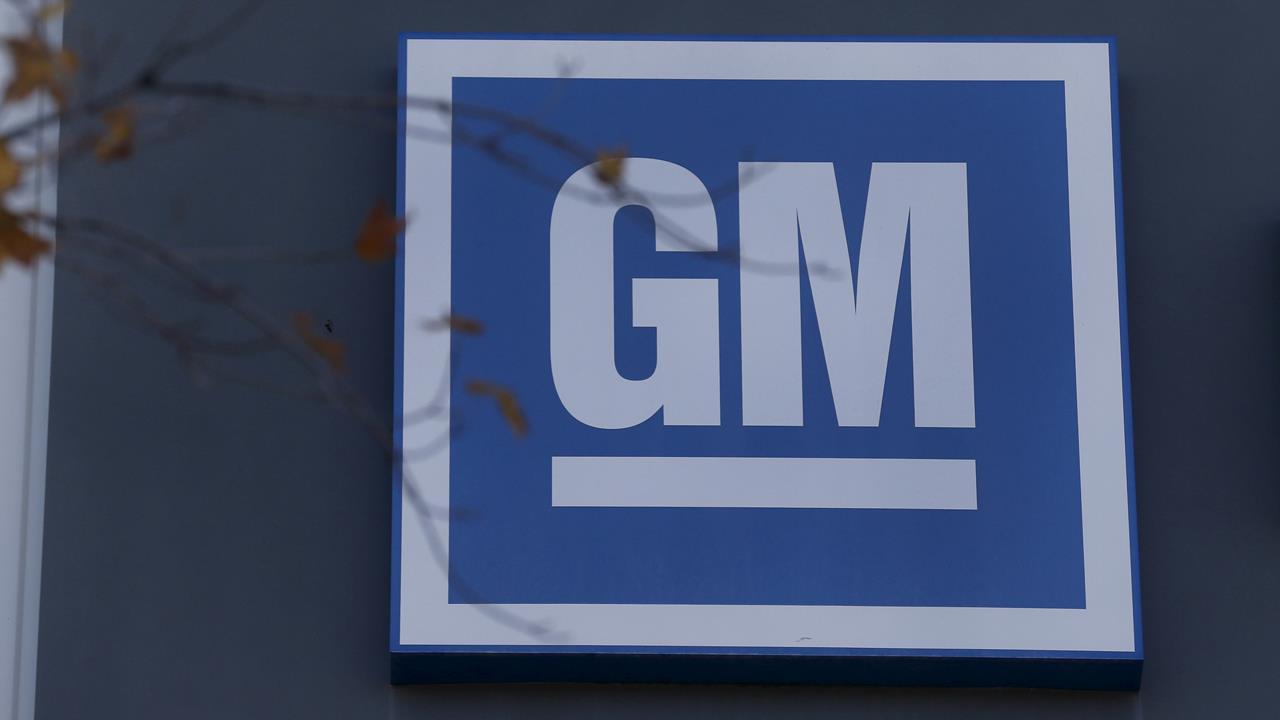GM shares surge after SoftBank investment
General Motors shares surged more than 11% Thursday morning after the company announced the SoftBank Vision Fund would invest more than $2 billion in its autonomous vehicle (AV) technology.
The $2.25 billion investment in GM Cruise Holdings from SoftBank Investment Advisers, a Japan-based firm, will boost the car company's plans for rolling out autonomous vehicle technology. Upon the closing of the transaction, GM will invest $1.1 billion in GM Cruise.
Mary Barra, the company’s chief executive, has led the automaker’s push for AV technology, and with the investments, the carmaker said it has the capital necessary to reach commercialization at scale in 2019.
“Teaming up with SoftBank adds an additional strong partner as we pursue our vision of zero crashes, zero emissions and zero congestion,” Barra said in a statement.
SoftBank’s investment will be made in two tranches, GM said. The Vision Fund will invest the first portion of $900 million at the closing of the transaction. When Cruise AVs are ready for commercial deployment, the fund will invest the remaining $1.35 billion.
The deal, which is subject to regulatory approval, will result in SoftBank Vision Fund owning a 19.6% equity stake in GM Cruise.
“The GM Cruise approach of a fully integrated hardware and software stack gives it a unique competitive advantage,” Michael Ronen, managing partner at SoftBank Investment Advisers, said in a statement. “We are very impressed by the advances made by the Cruise and GM teams, and are thrilled to help them lead a historic transformation of the automobile industry.”
This isn’t the first time SoftBank has poured money into a transportation-related company. A group led by the firm became the largest shareholder in Uber when it closed a deal with the ride-hailing service, which has been roiled with controversy, in January. SoftBank acquired a 15% stake, while the investors held about 3%. Uber has also increased its efforts to take the lead in the AV market.
GM holds a sizable stake in Uber’s rival Lyft, after it invested $500 million in January 2016.




















